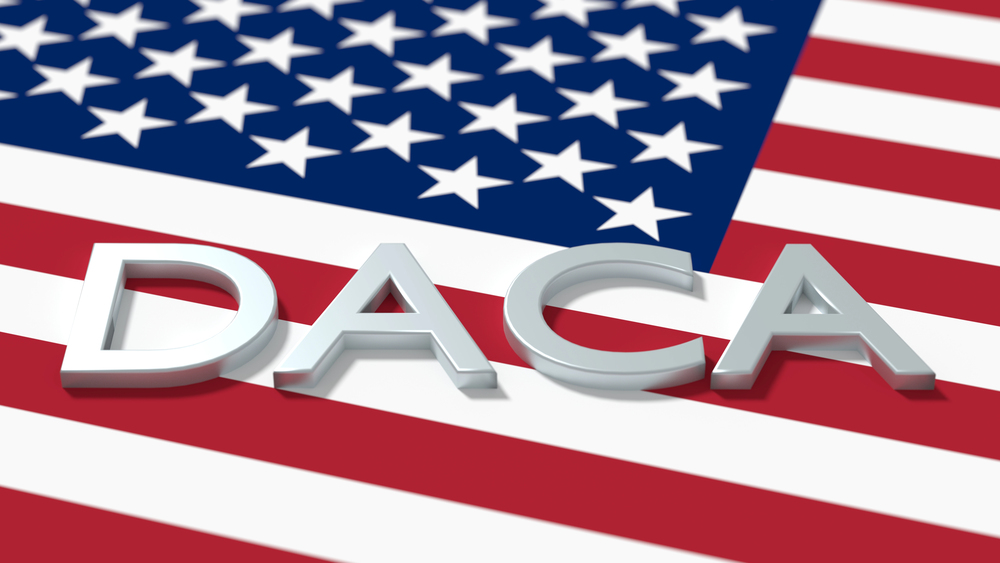If you have been denied or revoked a non-immigrant visa, such as your tourist visa, then there may be a way to get it back with the 212(d)(3) nonimmigrant waiver. The waiver could help overcome the reason for the cancellation or denial. Unfortunately, if you have been deemed inadmissible under 214(b), then you do not qualify for the waiver. The most common reasons for denial of a visa that do qualify for the waiver are as follows:
- Overstaying the permitted time of your visa type
- Criminal convictions
- Misrepresentation of information on immigration forms
If you have been denied or revoked a visa due to the previously listed, then you have the option to regain your visa by submitting the waiver. The waiver is a packet of evidence addressed to the embassy upon or after the interview for your visa that showcases the following:
1. rehabilitation or remorse for a criminal offense
Ex. documentation of therapy sessions
2. an immigration violation was a one-time occurrence and your circumstances have changed significantly
Ex. ownership of property in your home country and pay stubs
3. valid reason for travel
Ex. letter invitation from credible organization to the U.S.
4. positive factors to offset the negative ones in a case
Ex. job resume to show consistency in a respectable work position
The waiver is not a visa; it is a document intended to help you obtain a visa that has been previously denied or revoked. The waiver is intended to strengthen your visa application, therefore it is submitted upon attending or following your visa interview. There is no guarantee that your non-immigrant visa will be approved with presentation of the 212(d)(3) waiver.
Once your waiver is submitted, it is put through administrative processing. This processing period allows the U.S. consulate to determine if you qualify for a recommendation of approval. If recommended, then the consulate forwards your waiver to the customs and border protection. This processing time may take 4-12 months.
It is strongly advised to seek legal counsel to prepare the waiver. An attorney’s involvement strengthens the application because they may accompany it with a legal memo in the form of a cover letter. The memo works as a guide of the contents of the waiver, which include but are not limited to: a written testimony, documented evidence demonstrating that you qualify for a waiver, and the argument that you deserve it.
Ultimately, it is critical to note that the waiver only excuses you from the inadmissibility bar but does not get rid of it. You must file for a new waiver once expired, and it is normally valid for up to 5 years.
Questions? Schedule a free consultation with our legal team.




